
BMWs are renowned for their superior quality, luxurious design, and exceptional performance. Whether you’re driving a BMW sedan, coupe, or SUV, you’re sure to enjoy the exhilarating experience of being behind the wheel of one of the most sophisticated and high-tech vehicles on the road. However, to maintain the high level of performance and luxury that BMWs are known for, regular maintenance is crucial as this not only helps to keep your BMW running smoothly but it can also improve its fuel efficiency.
Fuel efficiency refers to the amount of fuel that your BMW consumes to travel a certain distance. A more fuel-efficient vehicle uses less fuel to travel the same distance. This can translate to lower fuel costs and reduced environmental impact.
Some maintenance required for your BMW to be fuel efficient includes:
Changing Air Filters
Air filters are responsible for filtering out dirt, dust, and other contaminants from the air entering your BMW’s engine. Over time, these filters become clogged with dirt and debris, restricting airflow to the engine. A clogged air filter can reduce fuel efficiency by up to 10%. Replacing air filters at the recommended intervals will keep the engine running efficiently and improve fuel economy.
Keeping Tires Inflated
Tires are a critical component of your BMW’s fuel efficiency. Underinflated tires can increase fuel consumption by up to 3%. This is because the engine has to work harder to move the car forward, increasing fuel consumption. Checking your tire pressure regularly and inflating them to the recommended levels can improve fuel efficiency.
Checking and Replacing Spark Plugs
Spark plugs are responsible for igniting the fuel in your BMW’s engine. Over time, they wear out and can misfire, reducing fuel efficiency. Replacing spark plugs at the recommended intervals will ensure that the engine is running efficiently, improving fuel economy.
Regular Oil Changes
Oil is the lifeblood of your BMW’s engine. It lubricates and cools the engine, reducing friction and wear. Over time, oil breaks down and becomes contaminated with dirt and debris. Dirty oil can reduce fuel efficiency by up to 2%. Regular oil changes will improve fuel efficiency.
Regular Maintenance Checks
Regular maintenance checks can identify issues that may be impacting your BMW’s fuel efficiency. Components such as the oxygen sensor, fuel injectors, and catalytic converter can wear out over time, reducing fuel efficiency. Regular maintenance checks can identify these issues and allow you to fix them before they become major problems.
Embrace the Benefits of Maintaining Your BMW
- Improving Safety: Regular maintenance can improve the safety of your BMW by identifying and fixing issues with your car’s brakes, steering, suspension, and other critical components. For instance, if your brake pads are worn down, you’ll need to replace them to ensure safe braking. Likewise, if you notice any issues with your steering or suspension, you’ll need to take it to a mechanic for a professional inspection and repair.
- Ensuring Peak Performance: Regular maintenance can ensure that your BMW is operating at peak performance, providing you with the exhilarating experience of driving a high-performance vehicle. For example, regular tune-ups can help maintain your car’s engine performance, while replacing your tires when worn can ensure optimal traction and handling. With regular maintenance, you can enjoy the full benefits of owning a BMW for years to come.
- Maintaining Resale Value: A well-maintained BMW with a complete maintenance history is more valuable than a neglected one. By keeping up with regular maintenance, you can maintain your car’s resale value and sell it for a higher price. Additionally, some car buyers will specifically look for well-maintained vehicles, increasing the number of potential buyers and making it easier to sell.
Let Carotech Automotive Maintain Your BMW
At Carotech Automotive, 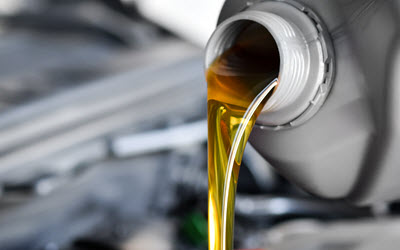 we understand the importance of maintaining your luxury car and ensuring that it operates at its best with improved fuel efficiency. Our team of experienced and certified technicians can provide a range of maintenance services, including oil and air filter changes, spark plug replacement, as well as other general automobile services to keep your BMW fuel efficient and in top condition.
we understand the importance of maintaining your luxury car and ensuring that it operates at its best with improved fuel efficiency. Our team of experienced and certified technicians can provide a range of maintenance services, including oil and air filter changes, spark plug replacement, as well as other general automobile services to keep your BMW fuel efficient and in top condition.
We serve residents in Los Angeles, CA, and we’re committed to providing the highest level of service and customer satisfaction. Book an appointment with us today, and let us help you take care of your BMW.
* BMW M3 Car image credit goes to: Brandon Woyshnis.

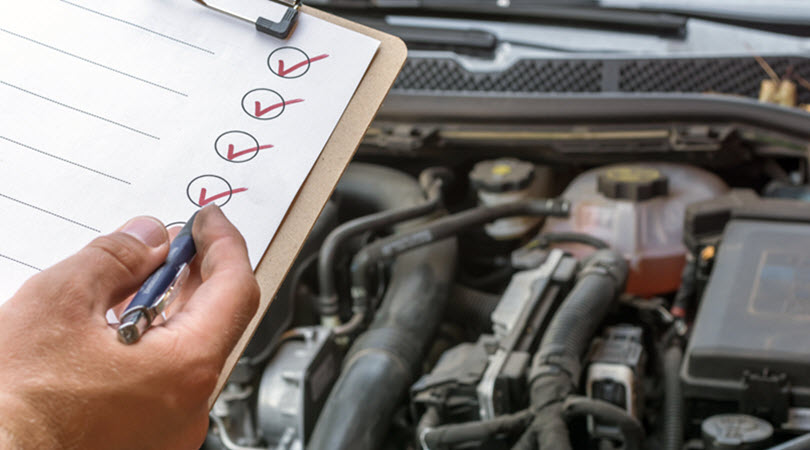
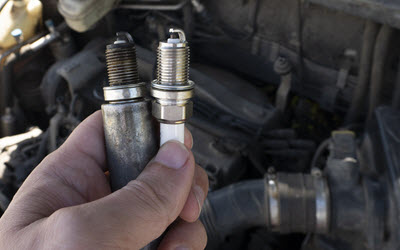 guarantee prompt, reliable service every time you
guarantee prompt, reliable service every time you 
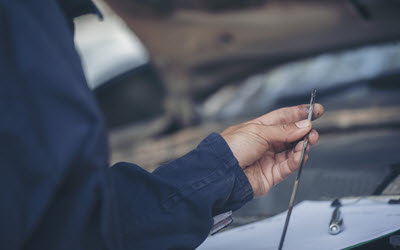 you may pay more due to extensive damage.
you may pay more due to extensive damage. One of the first provisions that a car owner should make is to read the car manual for the vehicle they own. This is critical. The vehicle manual will usually have a 30-60-90 schedule. This schedule is predicated on when certain items in the car need to be inspected, changed, or replaced at 30,000, 60,000, and 90,000 miles. While it is true that some parts of the vehicle, such as rubber gaskets, hoses, windshield wipers, and tires will wear out at irregular intervals, the 30-60-90 schedule is straightforward for the indicated items on your vehicle.
One of the first provisions that a car owner should make is to read the car manual for the vehicle they own. This is critical. The vehicle manual will usually have a 30-60-90 schedule. This schedule is predicated on when certain items in the car need to be inspected, changed, or replaced at 30,000, 60,000, and 90,000 miles. While it is true that some parts of the vehicle, such as rubber gaskets, hoses, windshield wipers, and tires will wear out at irregular intervals, the 30-60-90 schedule is straightforward for the indicated items on your vehicle.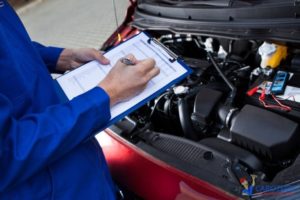 Taking care of your vehicle is something that you will need to do in order for it to continue to run properly. There is nothing worse than having car troubles when you need to be somewhere…like work. There are many things that you can do at home to take care of your car, but if you want to have someone else do it, you can always take it into a car shop and have mechanics look at it to be sure. It doesn’t matter if you need exhaust maintenance in New Jersey or an oil change in LA, car maintenance is so important to keep up with. With so many resources to use, you can look up your tires normal psi online or check your oil using the dipstick to make sure that those things are always looking good.
Taking care of your vehicle is something that you will need to do in order for it to continue to run properly. There is nothing worse than having car troubles when you need to be somewhere…like work. There are many things that you can do at home to take care of your car, but if you want to have someone else do it, you can always take it into a car shop and have mechanics look at it to be sure. It doesn’t matter if you need exhaust maintenance in New Jersey or an oil change in LA, car maintenance is so important to keep up with. With so many resources to use, you can look up your tires normal psi online or check your oil using the dipstick to make sure that those things are always looking good.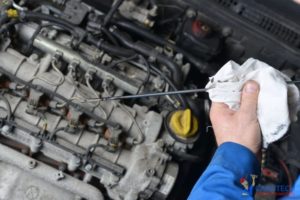 When you get a vehicle you have an obligation to take the best care of it possible while it is in your possession. This means that getting your vehicle’s oil changed comes with the territory. If you don’t know much about cars or when you need to get your oil changed, we can help you with that. Often times when you get your oil changed, the company you went to will put a sticker in your drivers’ side window in the left-hand corner that will tell you when they recommend coming back and at how many miles. This is not the exact number you should come back on, but it is pretty close usually to when you should think about heading in again. During an oil change, you will have several things done. Every place is different with what they do, but one thing’s for sure, that they will always change your filter, oil, and top off the fluids that may be getting low. If something is wrong, they will usually tell you what it is and throw in a price for reference. This is a great way to also tell if you need something more or your car will live to see another day.
When you get a vehicle you have an obligation to take the best care of it possible while it is in your possession. This means that getting your vehicle’s oil changed comes with the territory. If you don’t know much about cars or when you need to get your oil changed, we can help you with that. Often times when you get your oil changed, the company you went to will put a sticker in your drivers’ side window in the left-hand corner that will tell you when they recommend coming back and at how many miles. This is not the exact number you should come back on, but it is pretty close usually to when you should think about heading in again. During an oil change, you will have several things done. Every place is different with what they do, but one thing’s for sure, that they will always change your filter, oil, and top off the fluids that may be getting low. If something is wrong, they will usually tell you what it is and throw in a price for reference. This is a great way to also tell if you need something more or your car will live to see another day. Last month, we discussed the the ins and outs of changing fluids for car maintenance. However, there are several other aspects of car maintenance that it is also important to remember. Today we will go over the car maintenance basics that you need to know if you want your car to last! If you need any help with vehicle maintenance services, you can always contact our professional team here at (424) 283-4303!
Last month, we discussed the the ins and outs of changing fluids for car maintenance. However, there are several other aspects of car maintenance that it is also important to remember. Today we will go over the car maintenance basics that you need to know if you want your car to last! If you need any help with vehicle maintenance services, you can always contact our professional team here at (424) 283-4303! Car maintenance is very important. You depend on your car to get you to work, get your kids to school, as well as drive you across the country for your annual road trip. If your car isn’t well maintained, any of these excursions could cause a serious malfunction in the engine, transmission or other systems in your car. Proper car maintenance can prevent a serious breakdown. Carotech Automotive and Tires offers a variety of
Car maintenance is very important. You depend on your car to get you to work, get your kids to school, as well as drive you across the country for your annual road trip. If your car isn’t well maintained, any of these excursions could cause a serious malfunction in the engine, transmission or other systems in your car. Proper car maintenance can prevent a serious breakdown. Carotech Automotive and Tires offers a variety of 
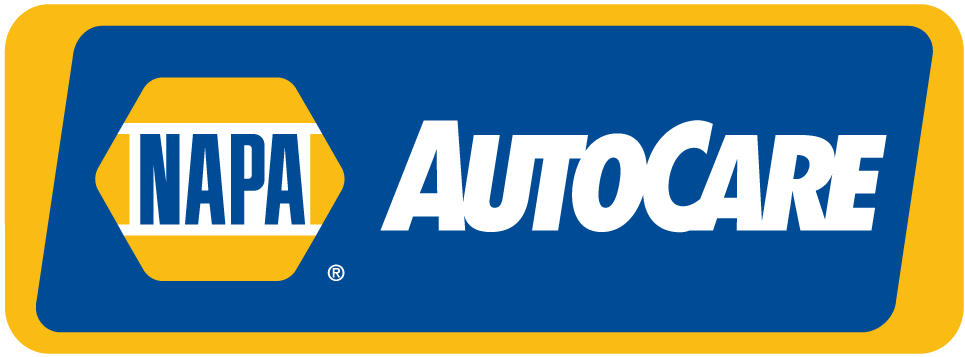


Recent Comments